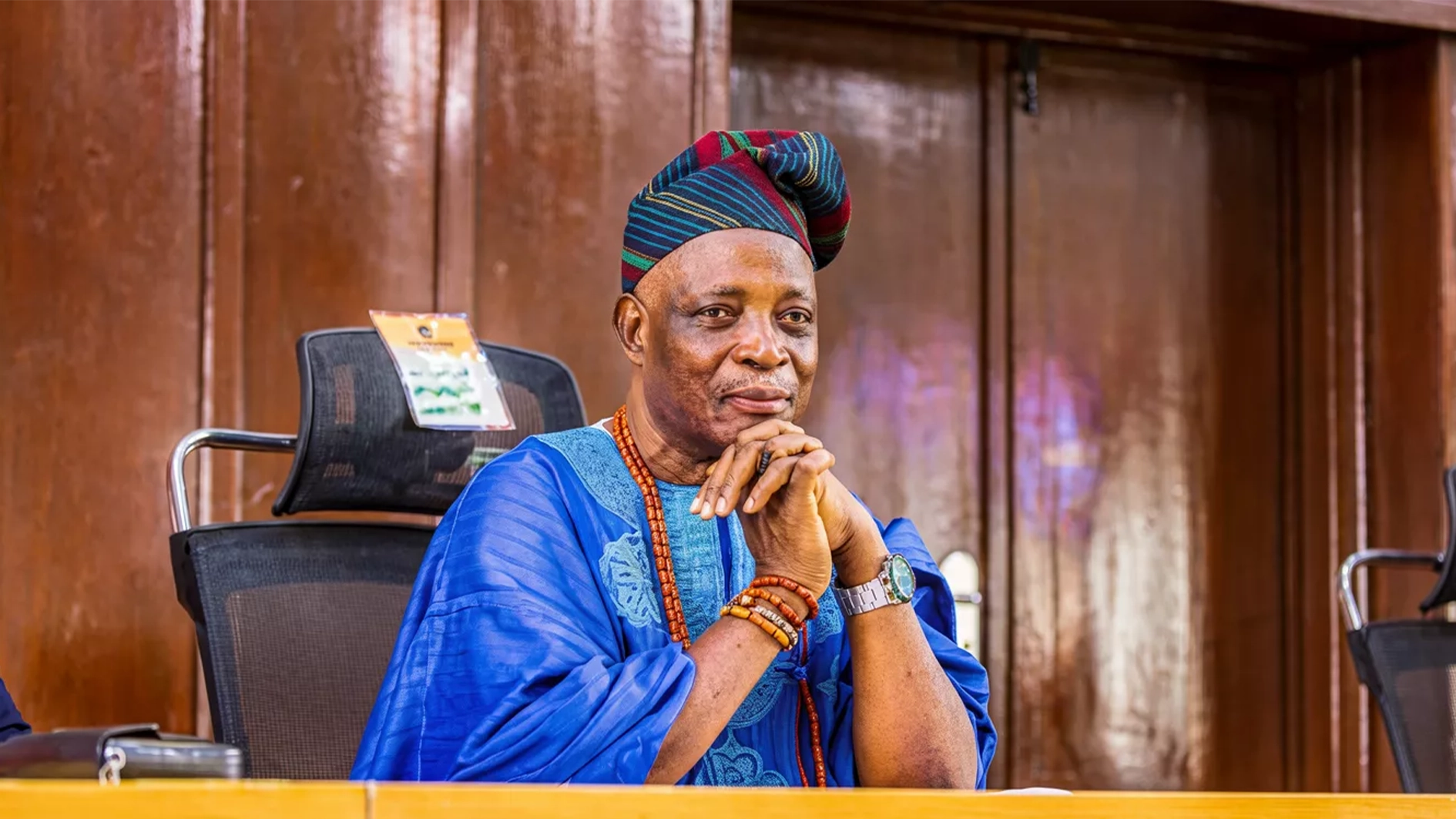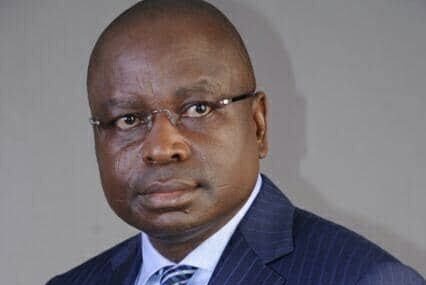The House of Representatives Ad-hoc Committee investigating pre-shipment inspection failures and the non-remittance of crude oil proceeds has pledged to halt the massive revenue leakages undermining Nigeria’s oil and non-oil export sectors.
Speaking at the opening of a capacity-building workshop for committee members in Abuja on Tuesday, Chairman Rep. Seyi Sowunmi said Nigeria loses billions of dollars annually, translating into “hundreds of hospitals, schools, and critical infrastructure denied to citizens.”
He stressed that the committee was established in response to mounting evidence of systemic exploitation across the export value chain, noting that the probe is “a national mission, not a witch-hunt.”
“This committee intends to close loopholes, recover lost value, and restore confidence in Nigeria’s economic governance. For the first time, we are examining the entire export chain—from crude oil flows to financial repatriation—through a transparent, data-driven lens,” Sowunmi said.
He added that the workshop is designed to equip lawmakers with the technical expertise needed to scrutinise export data, maritime operations, and financial intelligence, with guidance from experts in trade compliance, forensic auditing, and international oil transactions.
Describing the exercise as an investment in competence and national integrity, the chairman said democracy thrives when citizens are informed and institutions are transparent.
Sowunmi emphasised that Nigeria must transition to a fully digitised export-tracking system, where every shipped barrel is monitored and every earned dollar accounted for.
He urged lawmakers to strengthen oversight and implement reforms to ensure that natural resource revenues directly benefit Nigerians, insisting, “The era of impunity and unaccounted exports is ending.”
Also speaking, Rep. Peter Aniekwe warned committee members to prepare for pushback from vested interests opposed to transparency in oil revenues.
“Despite anticipated resistance, we must stand firm. The country depends on this revenue. In the end, Nigerians will be happy with our work,” he said.






